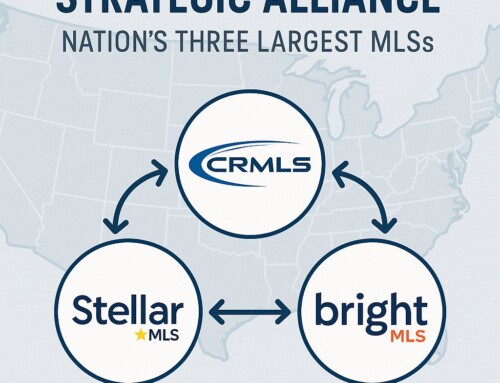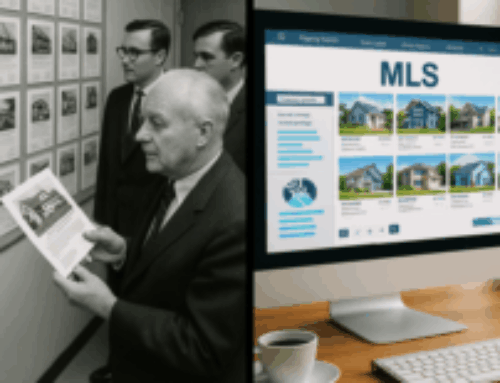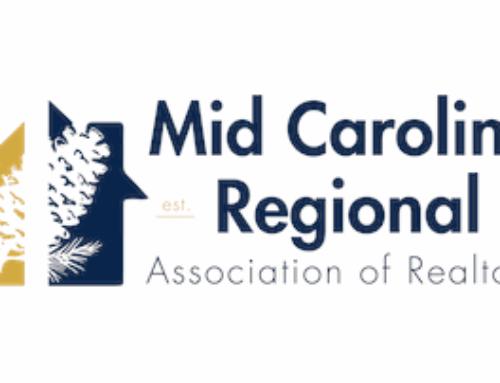For decades, Multiple Listing Services (MLS) have been perceived as monopolizing specific geographic areas and agent networks. They’ve been seen as an exclusive resource for accessing comprehensive property listings and facilitating transactions. However, recent insights from the WAV Group Customer Experience Index have shed light on a surprising statistic: 29% of agents belong to more than one MLS. This revelation challenges the notion of MLS as monopolistic entities and emphasizes the importance of reevaluating their value proposition and fostering collaboration among organizations to better serve the real estate community.
 Traditionally, MLS organizations have operated within defined geographical boundaries, offering exclusive access to property listings and market data to agents and brokers within their jurisdiction. This localized approach has perpetuated the perception of monopolies, with agents relying solely on their respective MLS for information and resources. However, the growing trend of agents belonging to multiple MLS indicates a shift in this paradigm. Agents are recognizing the limitations of relying on a single MLS and are seeking opportunities to expand their access to listings and services across different regions.
Traditionally, MLS organizations have operated within defined geographical boundaries, offering exclusive access to property listings and market data to agents and brokers within their jurisdiction. This localized approach has perpetuated the perception of monopolies, with agents relying solely on their respective MLS for information and resources. However, the growing trend of agents belonging to multiple MLS indicates a shift in this paradigm. Agents are recognizing the limitations of relying on a single MLS and are seeking opportunities to expand their access to listings and services across different regions.
With nearly a third of agents affiliating with multiple MLSs MLS organizations need to reassess their value proposition. Rather than relying solely on geographic exclusivity, MLS must differentiate themselves by offering unique benefits and services that cater to the evolving needs of agents and consumers. This may include enhanced technology platforms, personalized marketing tools, and specialized training programs designed to empower agents and drive success in a competitive market.
Furthermore, the increasing prevalence of agents belonging to multiple MLS highlights the importance of collaboration and cooperation among organizations. Rather than viewing each other as competitors, MLS should explore opportunities for strategic partnerships and data sharing agreements that benefit agents and consumers alike. By breaking down silos and fostering a spirit of cooperation, MLS can create a more cohesive and interconnected ecosystem that enhances the efficiency and effectiveness of real estate transactions.
In addition to collaboration among MLS organizations, there is also an opportunity for collaboration between MLS and other stakeholders in the real estate industry, such as brokerages, technology providers, and regulatory bodies. By working together, we can drive innovation and elevate the overall standard of service in the real estate community.
By embracing collaboration and innovation, MLS can adapt to the changing landscape of the industry and continue to play a vital role in facilitating successful real estate transactions.




